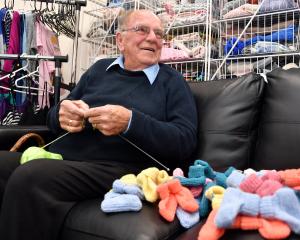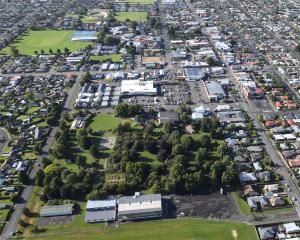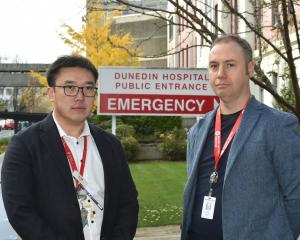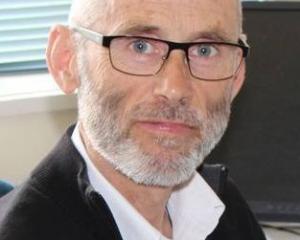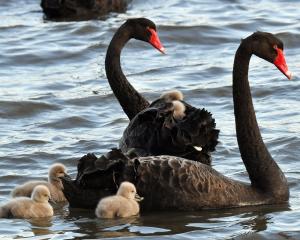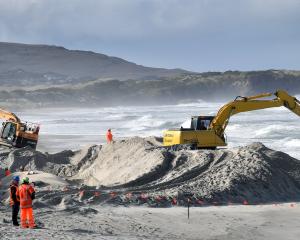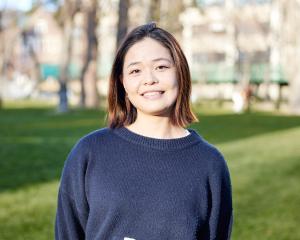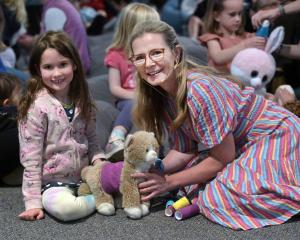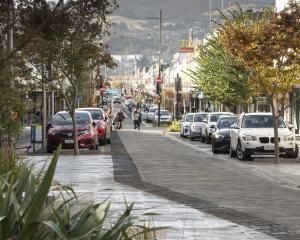Student volunteering is on the up and up. This year dozens of volunteers will put about 2000 hours of their own time into helping Otago University Students' Association events. Are You OK? manager Laura Harris tells ODT reporter Timothy Brown about the importance of student volunteers.
This year, about 2000 volunteer hours are going into making O Week a success.
That is 120,000 minutes, 83 complete days or 20% of the time required to become an expert in a field, depending on how you choose to look at it.
It equates to $28,500 of earnings at the minimum wage, or just shy of the yearly wage of a minimum wage earner working 40 hours a week.
But instead of asking for more, more than 120 student volunteers are giving more. More of their time, more of their energy, more of themselves. Among them is 21-year-old Are You OK? manager Laura Harris.
Miss Harris leads the team of student volunteers charged with ensuring the welfare of students attending O Week events.
They take care of those ''who might have over-indulged in particular festivities'' and provide rides home to those who need it or a safe place to rest up ahead of a second wind.
She estimates she has given 40 hours of her time during this year's O Week and manages a team of about 40 volunteers.
Miss Harris joined the Are You OK? team four years ago.
''I went to one event [as a volunteer] and have been to every one since,'' she said.
''It really appealed to me. I like caring for people.''
In those days the group had as few as 10 volunteers; now, 35 to 40 work at OUSA's events.
''We never have a problem filling the numbers,'' she said.
''We always have extras ... most people bring along a friend.''
She believed most students had an altruistic streak and had the interests of other students at heart, so the rise in volunteer numbers was unsurprising.
The sense of community within the Dunedin tertiary fraternity also helped, she said.
''Student volunteering is not specifically unique [to Dunedin], but we do it on such a grander scale,'' she said.
''It's so impressive as someone who watches it happen. But to be involved is quite an honour.''
Volunteering provided a ''mutually beneficial relationship'' to those involved and those they were looking after, because of ''that sense of community that it fosters''.
Student volunteers were also rewarded with free entry to all OUSA's O Week events.
It was seldom that students would become confrontational with volunteers and they had ''a good rapport'', she said.
''Students who use the programmes enjoy that it's students doing the volunteering.''
Having a peer's shoulder to cry on was less intimidating than having to seek out someone who was older or in a position of authority, so students were respectful towards student volunteers.
Miss Harris had a message to anyone keen on helping: ''There's always room for more.''


